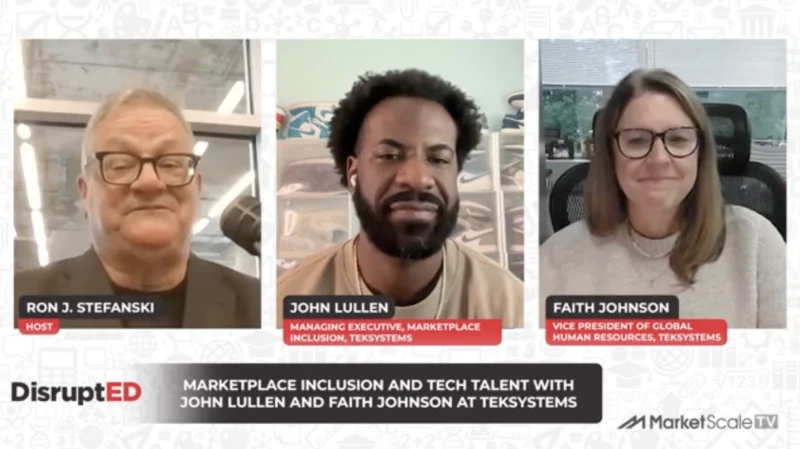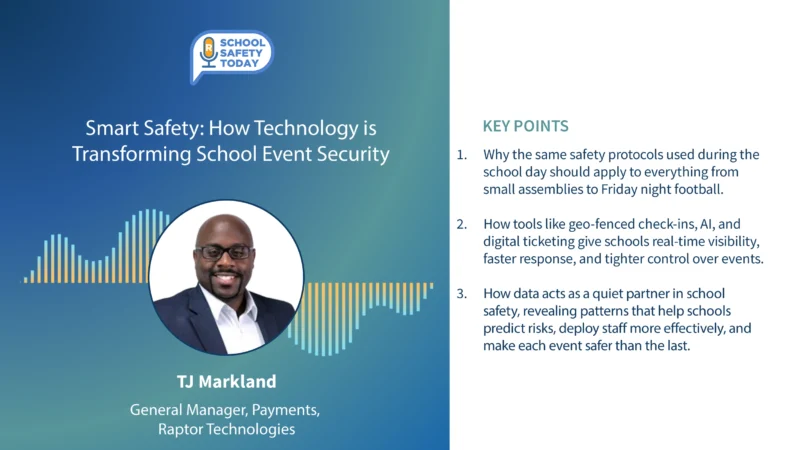Bishop Barber II Champions Moral Consciousness at Clinton Global Initiative Event
In a stirring address at the Clinton Global Initiative, Bishop William Barber II confronted the pressing issue of poverty in America. DisruptED host Ron J. Stefanski captured the impassioned speech, where Bishop Barber, Director at the Yale Center for Public Theology & Public Policy, challenged the nation’s moral compass concerning economic disparity.
Bishop Barber’s speech, infused with historical references and a call to moral action, emphasized the abundance of resources and ideas to combat poverty, critiquing the lack of moral consciousness in national policy debates. “The issue is not a scarcity of resources… The issue is a scarcity of moral consciousness,” Barber declared. His message was clear: it’s time to face the realities of poverty and commit to sustainable change. The video encapsulates Barber’s powerful oration, urging a collective moral awakening to address the systemic issues of poverty and inequality.




